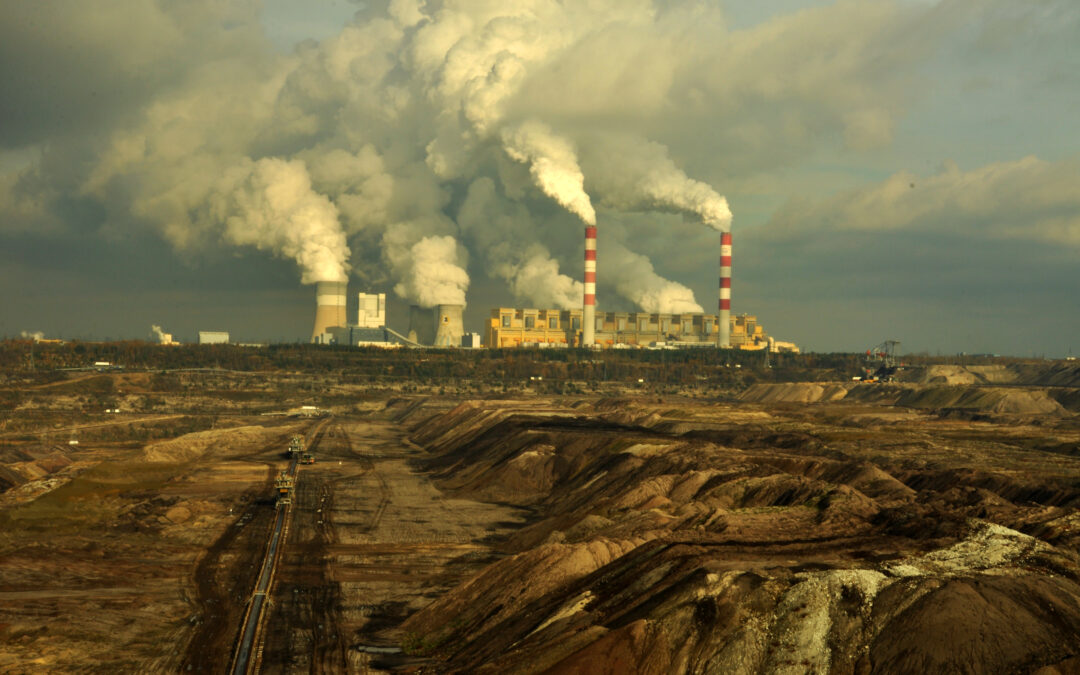Poland, the EU’s most coal-dependent country, saw its share of electricity generated from coal drop from 86.6% in 2010 to 70.8% in 2021, according to new data on Poland’s energy mix published by the Energy Market Agency (ARE), a state body.
Meanwhile, the share of renewables grew from 6.9% to 16.9% over the same period. The largest such source is currently wind, which last year accounted for 15 TWh out of the total 30.4 TWh from renewables (compared to 127TWh for coal).
As coal-generated power has become increasingly expensive due to the EU’s climate policies and Poland’s inefficient domestic production, its share of Poland’s installed capacity decreased from 81.8% in 2010 to 58.5% by the end of last year.
However, as Poland’s fast-growing economy has consumed more energy in general over the past 11 years, the total installed capacity of coal increased from 29.6 GW to 32.7 GW.
Over that period, Poland increased its installed power capacity from renewables from 6.1% in 2010 to 30.3% by the end of 2021. Total renewables capacity now stands at 55.96 GW, of which wind accounts for 7.1 GW and photovoltaics for 7.7 GW, reprots ARE.
Solar energy has been grown particular fast in the last three years – up from 1.5GW in 2019 – as a result of a successful government subsidy programme.
News website WNP notes, however, that installed energy capacity and actual generation can be markedly different. For example, biomass and biogas accounted for 0.4% of capacity but 4% of generation in 2010.
As a result of Poland’s changing energy mix, its power sector has been producing less emissions relative to output. Carbon dioxide emissions per MWh have dropped by 16.6% since 2010.
Poland’s government last year reached an agreement with coal miners’ unions to close all mines by 2049, and some of the country’s oldest coal-fired power stations are slated for closure in 2025.
However, last week state assets minister Jacek Sasin told Polsat News that he had “ordered an analysis” of how much their lifecycle could be extended.
The government is also looking to build Poland’s first ever nuclear power stations, with Sasin last month attending the signing in Washington of an agreement with US nuclear firm NuScale Power.
Main image credit: Greenpeace Polska/Flickr (under CC BY-ND 2.0)

Maria Wilczek is deputy editor of Notes from Poland. She is a regular writer for The Times, The Economist and Al Jazeera English, and has also featured in Foreign Policy, Politico Europe, The Spectator and Gazeta Wyborcza.




















